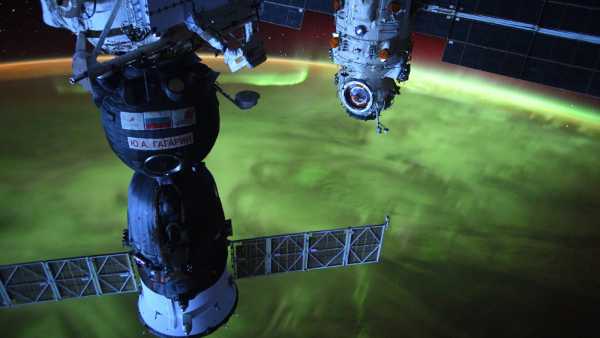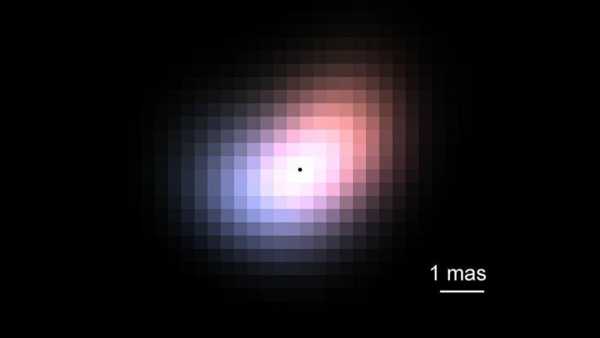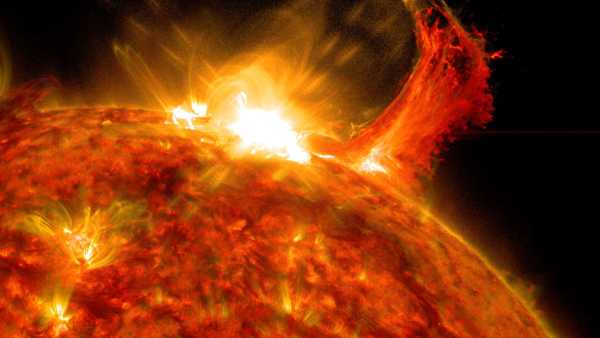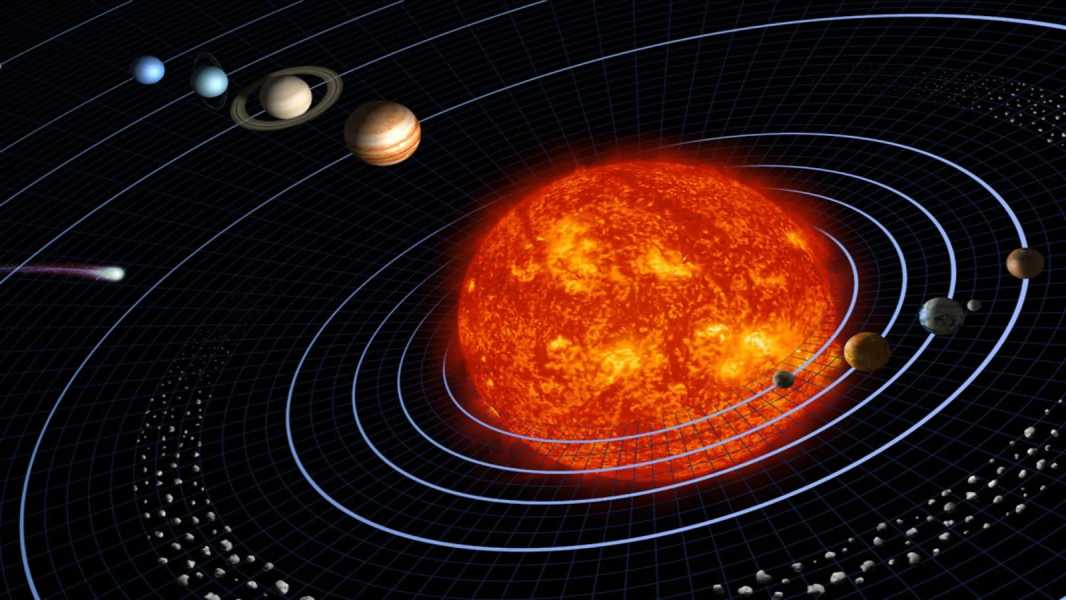
(Image credit: NASA/JPL)
A small meteorite is changing researchers' views on the origins of our solar system.
New evidence from a sliver of the Northwest Africa 12264 meteorite, a 50-gram (1.8-ounce) chunk of space material thought to have formed in the distant solar system, suggests that rocky planets like Earth and distant icy bodies may have formed at the same time. It challenges the long-held belief that planets closer to the sun formed earlier than planets in the outer solar system, located beyond the asteroid belt between Mars and Jupiter.
Planets form within rotating disks of gas and dust surrounding young stars, where particles collide and fuse in a process known as accretion. As developing rocky planets heat up, they begin to differentiate, forming distinct internal layers such as the core, mantle, and crust.
You may like
-
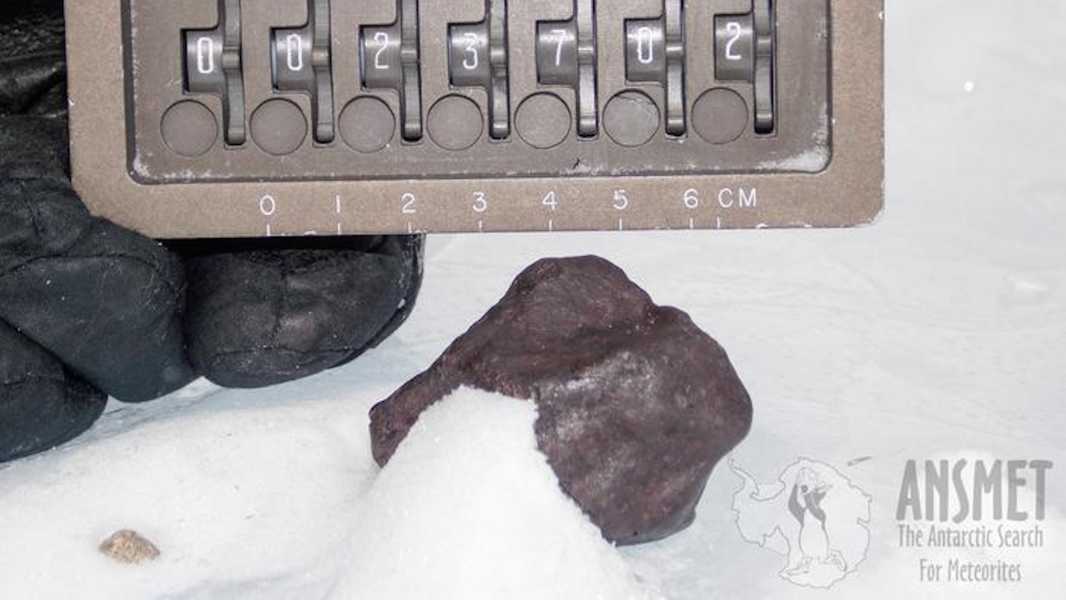
An ancient meteorite found in Antarctica could shed light on the true origins of Earth's water, a new study claims.
-
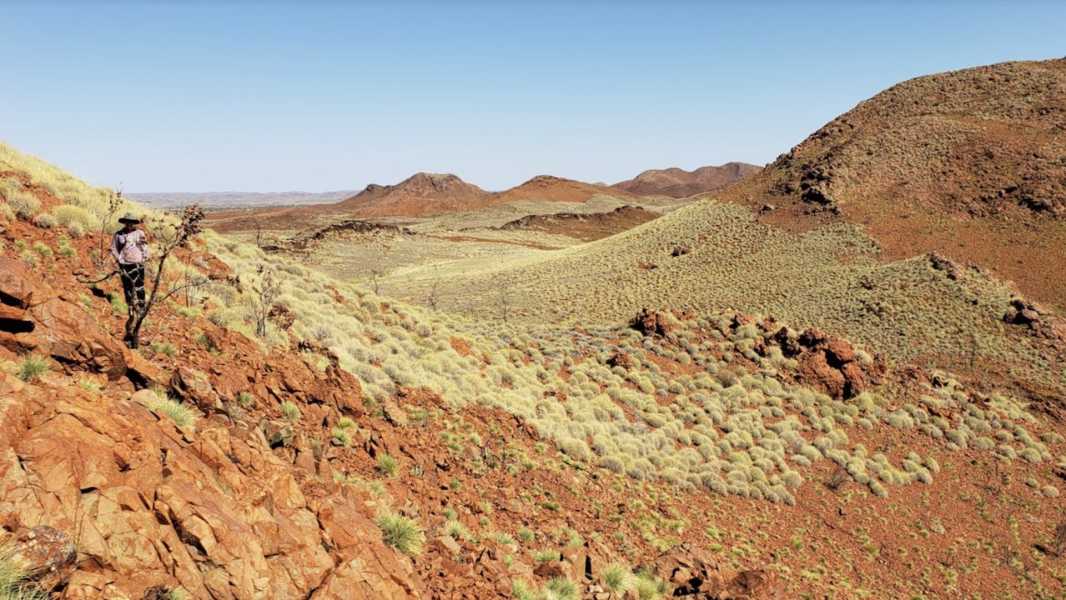
Study raises important questions about Earth's 'oldest' impact crater
Sourse: www.livescience.com


